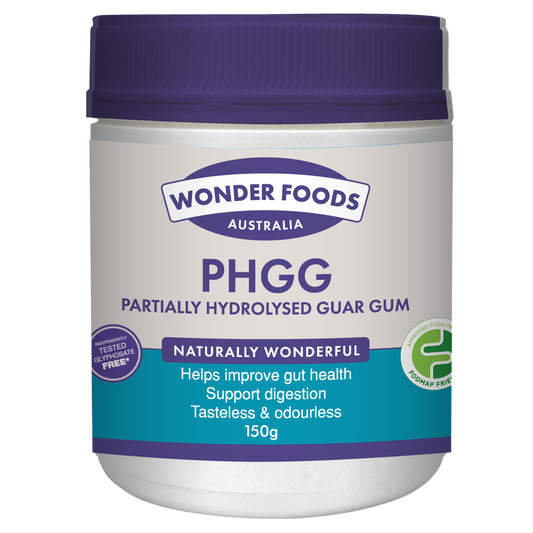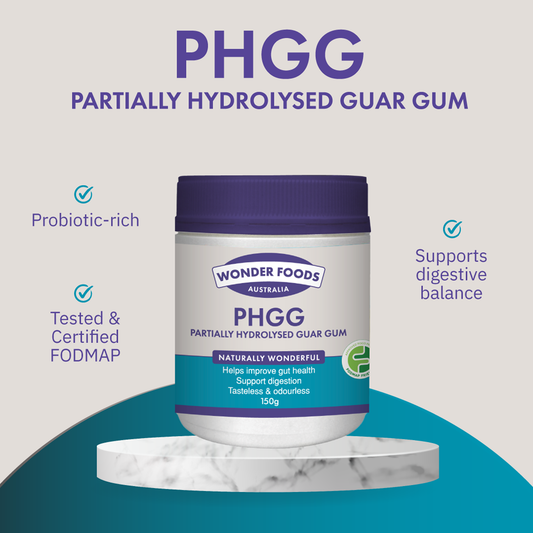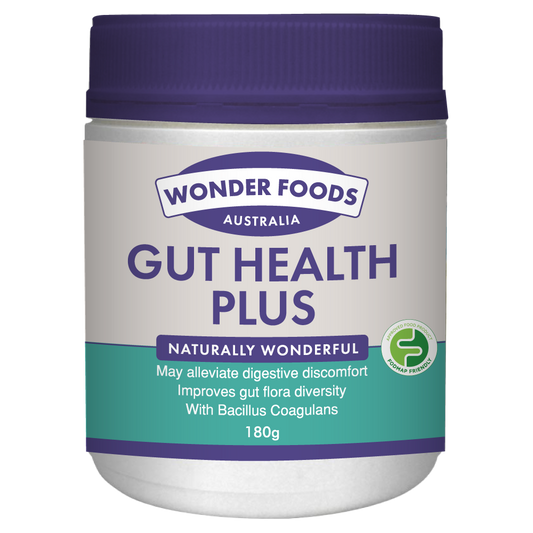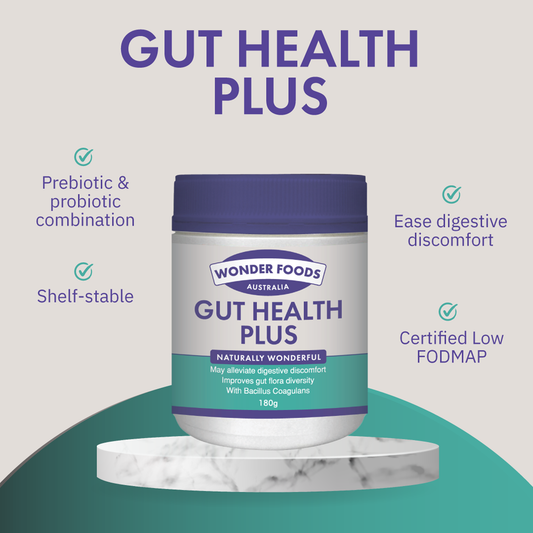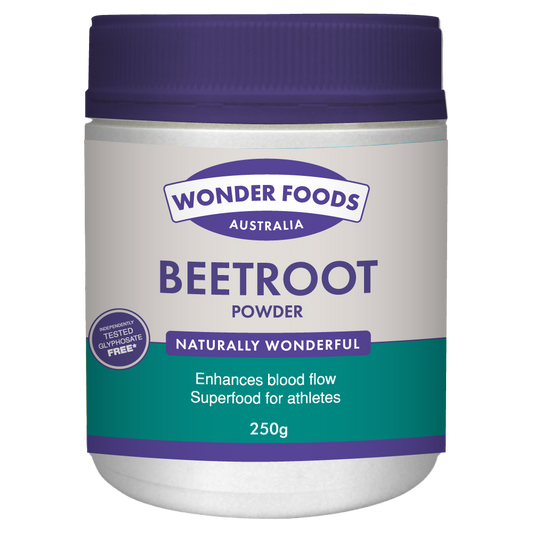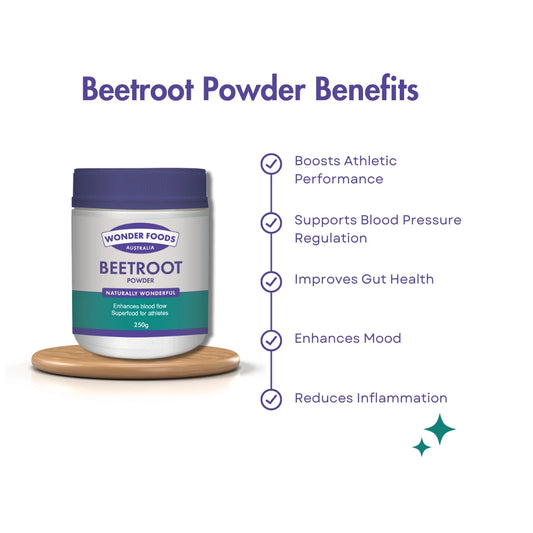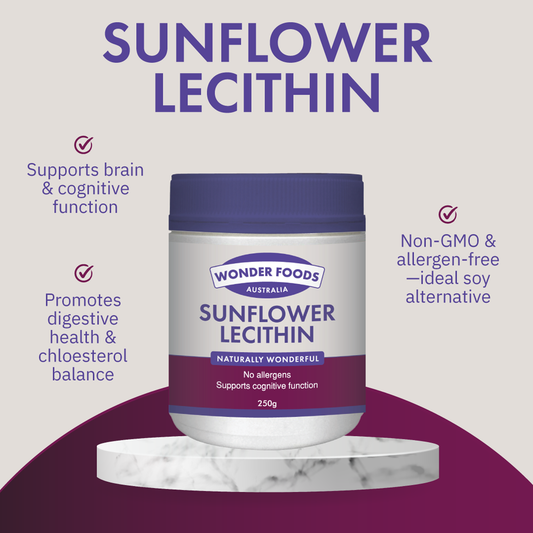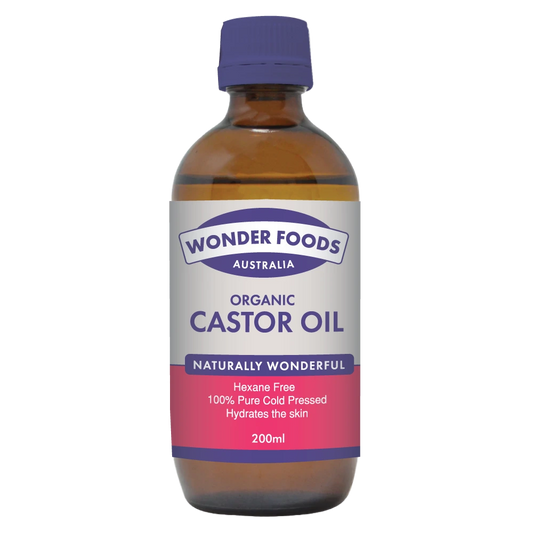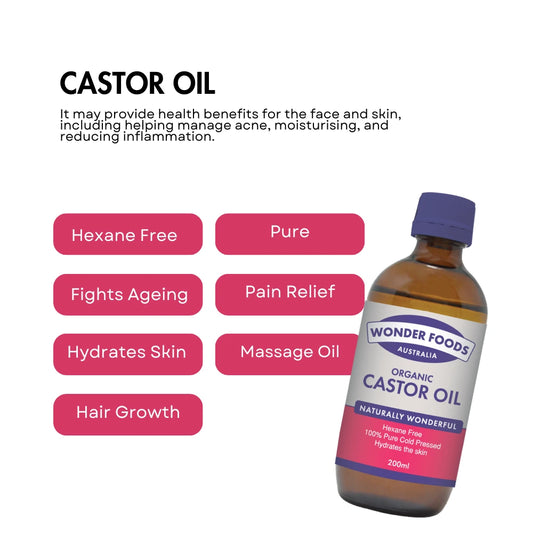
Best Creatine for ADHD
Best Creatine for ADHD isn't just a catchy phrase - it's a whole process to ensure you get the best of the best.
What is ADHD?
According to ADHD Australia, ADHD (Attention-Deficit/Hyperactivity Disorder) 'complex neuro-developmental disorder which affects a person’s ability to exert age-appropriate self-control'.
It is characterised by symptoms of inattention, hyperactivity, and impulsivity.
These symptoms can affect academic performance, work, and daily life, making it challenging for those diagnosed with ADHD to focus and stay organised.
Although the exact causes are not fully understood, ADHD is believed to be influenced by genetic, environmental, and neurological factors.
There is also evidence ADHD can be affected and improved by Gut Health.
Creatine and ADHD: Basics and Benefits
Creatine is a compound naturally found in the body, especially in muscles, and is also available as a dietary supplement.
It’s often associated with improved athletic performance and muscle growth, but recent studies have suggested that creatine might also offer benefits for brain health, particularly for individuals with neurological conditions, including ADHD.
And there might even be more benefit for women.
In the context of ADHD, creatine supplementation could play a role in improving cognitive function, energy metabolism in the brain, and possibly reducing some of the neurological symptoms of ADHD.
Creatine works by increasing the availability of adenosine triphosphate (ATP), the primary energy carrier in cells, which may benefit areas of the brain involved in attention and focus.
Best Creatine for ADHD
Emerging research suggests that creatine might offer cognitive benefits due to its role in cellular energy production.
Brain cells, like muscle cells, require large amounts of energy to function correctly.
Creatine supplementation has been shown to improve cognitive performance in tasks requiring sustained attention and memory, both of which are areas often impaired in individuals with ADHD.
Some studies also indicate that creatine may help with mood regulation and reduce mental fatigue, two common challenges for individuals with ADHD.
While more research is needed, creatine could provide a natural option to support brain function and energy metabolism, which may indirectly improve focus, memory, and attention span in ADHD patients.

Is Using Creatine for ADHD Safe?
As with any supplement, it's essential to consider the safety of creatine when used for ADHD.
Creatine is widely regarded as safe when taken in recommended doses, but it’s always crucial to consult with a healthcare professional before starting any new supplement regimen, especially for children or individuals with pre-existing health conditions.
Some individuals with ADHD, particularly those on medication like Adderall, might wonder how creatine could interact with their treatment.
Let’s take a closer look at potential side effects and any possible drug interactions.
Potential Creatine Side Effects
For most people, creatine is well-tolerated when taken in recommended doses.
Common side effects may include short-term water retention and bloating, which are typically mild.
Long-term studies have shown no significant health risks associated with creatine use.
However, it's always wise to monitor for any signs of digestive discomfort, such as cramping or diarrhoea, particularly if someone with ADHD is also dealing with gastrointestinal issues.
Can You Take Creatine with Adderall?
Adderall is a common medication prescribed for managing ADHD symptoms. It’s a stimulant that works by increasing levels of dopamine and norepinephrine in the brain.
There’s limited research on the interaction between creatine and Adderall.
However, both are thought to act on different pathways in the body, which suggests that there may be minimal risk of adverse interactions.
That said, it’s essential to consult a Healthcare Provider before combining creatine with ADHD medications to ensure that there are no unforeseen interactions, especially since Adderall can affect heart rate and blood pressure and creatine may increase water retention.
Who Shouldn’t Take Creatine?
While creatine is generally considered safe, it might not be suitable for everyone.
Individuals with pre-existing medical conditions or those taking other medications should consult a doctor before starting creatine supplementation.
This is especially true for children with ADHD, where the long-term safety of creatine supplementation hasn’t been extensively studied.
Conclusion
While ADHD is often treated with medication and behavioural interventions, natural supplements like creatine are gaining attention for their potential role in supporting brain function and energy metabolism.
Early research suggests that creatine may benefit individuals with ADHD by improving focus, energy, and cognitive function.
However, before adding creatine to an ADHD treatment plan, it’s essential to weigh the potential benefits and risks, and consult with a Health Practitioner to ensure that creatine is the right choice.
As research continues, creatine may prove to be a valuable addition to ADHD management strategies, especially for those seeking natural, complementary treatments.
Looking to experience the benefits of creatine for yourself?
Check out Micronised Creatine—a high-quality supplement designed to enhance performance, support cognitive function, and promote overall well-being.
For more information, you can read our complete creatine overview here.
Disclaimer:
The information provided in this blog post is for educational and informational purposes only and is not intended as medical advice. It is not a substitute for professional consultation, diagnosis, or treatment. Always seek the guidance of a qualified healthcare provider before making any decisions regarding supplements, treatment plans, or changes to your health routine, especially if you or your child has ADHD or any other medical condition. The effects of creatine or other supplements may vary from person to person, and this post does not endorse any specific treatment or supplement as suitable for all individuals with ADHD.
You can also find our Creatine on this platform:

